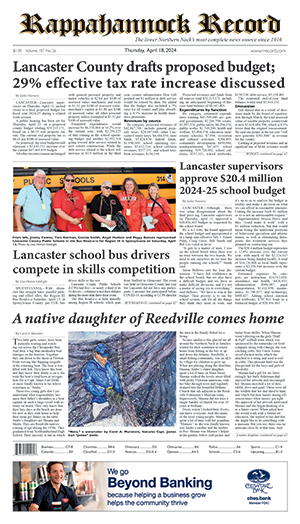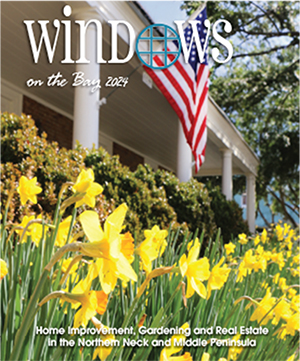As a child I had a pet American Pekin duck. I came up with an incredibly creative name for him, Donald Duck. He and I were ubiquitous, from morning to night, especially in the morning when he would come to the door to come in for breakfast, sharing a piece of bread with me, and my father. In retrospect, most surprisingly, my fastidious mother tolerated the morning visit, but only for a few minutes. I credit Donald with beginning my fascination with animals.
As an adult, I branched into other species of fowl, at one point having a flock of Muscovy ducks. They were both friendly and productive. The leading drake in that group was the finest mouser I ever knew. If we had an Olympics for animals, in the category of mousing, he would have beaten any cat in the competition. He also was quite friendly, and proud of his mousing ability, always wanting me to see his achievements.
,For the last few years, I have been duckless, then last month I adopted a pair of day-old Khaki Campbell ducklings. I previously knew of the breed by name only, and that it had been developed by an English lady, who had crossed several other breeds. Her name was Mrs. Adele Campbell, and she appears to have been as much of an animal nut as I am.
In the 1890s, Mrs. Campbell began crossing domestic English breeds with the Indian Runner duck breed from her home in Uley in Gloucestershire. The result came to be a brownish-gray specimen that proved to be an excellent egg producer. The ducks were called Campbells after their progenitor. Later during the Boer War, she thought the color of the ducks reminded her of the color of the British Army’s military uniforms, thus they came to be called Khaki Campbells.
From my first weeks with the two ducklings, I have found Mrs. Campbell’s achievement to be extraordinarily noteworthy. In the first place these two never stop talking, or should I say, quacking? I do not know if ducks can develop laryngitis or not, but these two never, shall we say, shut up, but their melodious voices are pleasant to hear, and actually somewhat restful to the ears.
The pair innately know that they are protecting their vocal cords by constantly drinking great quantities of water. Their eating habits also are not modest. They nearly have doubled in size each week. The average Khaki Campbell duck will lay between 200 and 300 eggs per year. My grandmother was a staunch proponent of duck eggs, saying that she preferred their stronger taste to chicken eggs.
I acquired the ducks thinking they might be a hit with the next generation of B.E.s, specifically, with the elder of that duo, who is now 20 months of age. My thoughts proved to be accurate, as she is mesmerized by watching them. I have asked her to name them, but each time I do, she replies “Quack, Quack.” If those names persist, I have not conceived a way to tell them apart in conversation.
Maggie, our Welsh corgi, appears to be delighted to have additional candidates to herd around the property, but she will have to herd vicariously, as she will not come in direct contact with Quack and Quack. I hope no one will mistake their names for a professional firm.
Khaki Campbells clearly are their own breed. They do not have the Pekin’s waddle, thereby demonstrating their Indian Runner heritage. Their dark bills and feet also hail from their ancestors on the Subcontinent. Most of all, they seem to be affectionate and happy to be members of our family. What more could I ask of them?











